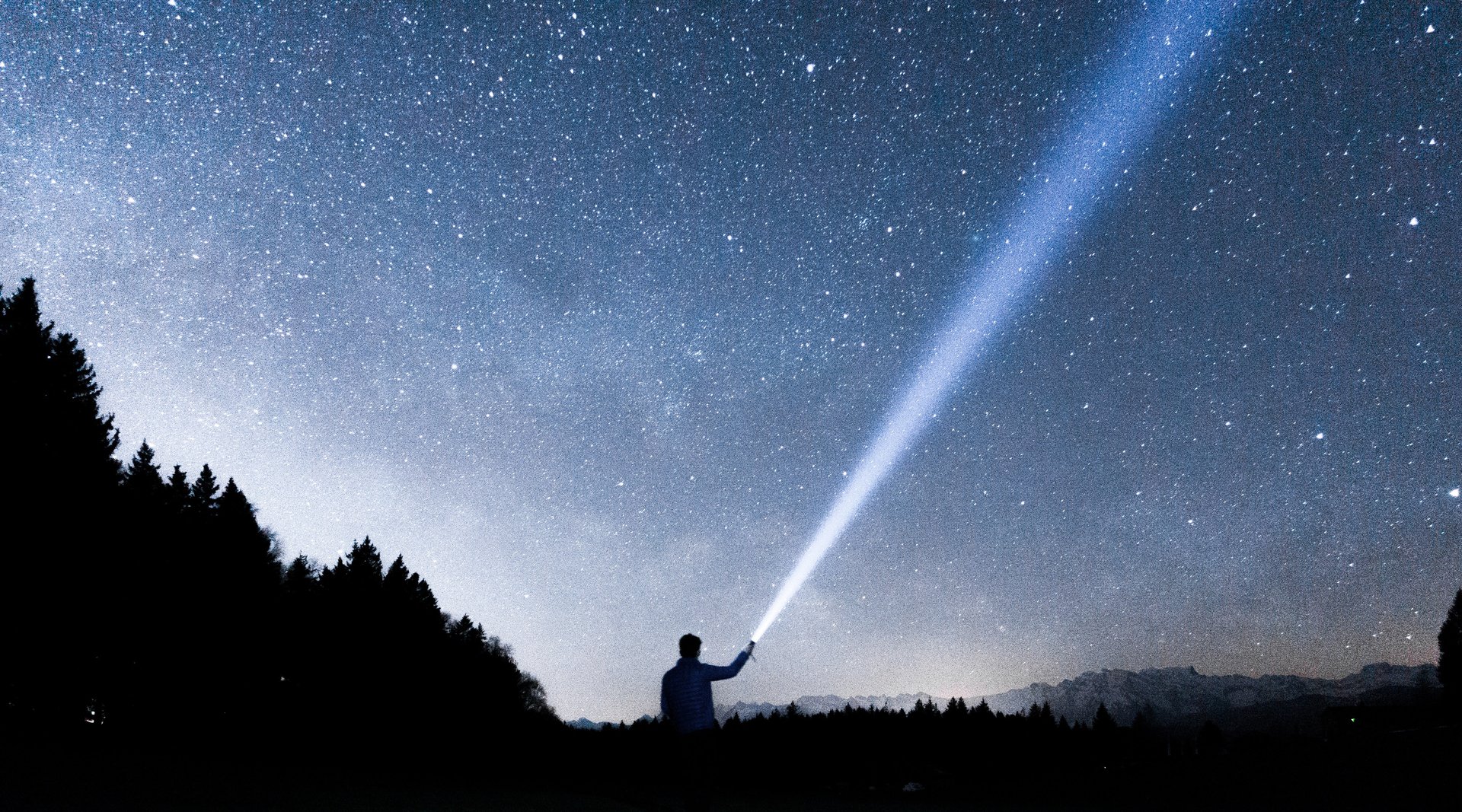In 1995, this astronomer predicted the Internet’s greatest failure
22 years ago, astronomer Clifford Stoll made a huge mistake. He challenged the popular notion that the Internet was a force for good, and he was ruthlessly mocked by just about everyone.


22 years ago, astronomer Clifford Stoll made a huge mistake. He challenged the popular notion that the Internet was a force for good, and he was ruthlessly mocked by just about everyone.
On the surface, you can see why his 1995 Newsweek column has been maligned for decades. Some of the problems he presented — like the challenge of taking secure online payments in a world before PayPal, and irrelevant search results before the days of Google — have been solved, or at the very least we’ve grown accustomed to their remaining flaws. That made his article easy fodder for mockery by technology columnists every time an anniversary rolled around.
The problem for the people who chose to troll Stoll, however, is that a lot of his predictions and criticisms of the web were spot on. Read this quote from 1995, and tell me it couldn’t be written (and praised) today:
“Your word gets out, leapfrogging editors and publishers. Every voice can be heard cheaply and instantly. The result? Every voice is heard. The cacophony more closely resembles citizens band radio, complete with handles, harassment, and anonymous threats. When most everyone shouts, few listen.”
This was written in reference to Usenet, an early Internet message board, but could apply to Twitter, Reddit, and countless other social platforms today without changing a single character. A few months ago, Ev Williams, the founder of Medium and co-founder of Twitter, said almost the exact same thing:
“I thought once everybody could speak freely and exchange information and ideas, the world is automatically going to be a better place. I was wrong about that.”
In the same article, Williams told the New York Times: “The Internet is broken.” If only someone had seen this coming.
As a scientist, Stoll had been using forms of the Internet since its inception in the 1970s. He wasn’t off-base in calling it a “wasteland of unfiltered data.” He was 20 years ahead of his time.
For all the progress and quality-of-life improvements we’ve seen with the rise of Internet-enabled technology, the Achilles’ heel is that we’re now universally plagued by information overload. That’s made us more anxious, more angry, more ideologically divided, and more confused about reality than ever before. Stoll dismisses the notion that “the freedom of digital networks will make government more democratic,” realizing that unfiltered, unlimited information leads not to a more knowledgeable and thoughtful populace, but to a cultural addiction to non-stop digital stimulation.
In recent years, Stoll has done his best to put the article behind him. He told the LA Times (in an uncharacteristically positive article about his predictions) that “the Internet has left me behind,” and in 2010 he contritely joined a comment thread devoted to mocking him, calling the article a “mistake” and a “howler.” Everyone appears to have missed the irony that a bunch of anonymous Internet commenters were trolling a renowned scientist, 15 years after the fact, for accurately predicting the proliferation of anonymous Internet trolls.
I’ll leave you with a prediction of my own. In another 22 years, we will look back on Stoll’s dystopian vision of the future of networked communication and wonder how he was so right and we were so wrong. Call him a curmudgeon if you’d like, but history will credit Stoll as an early whistle-blower of our collective descent into the anger, anxiety and overwhelm caused by the infinite, unfiltered information of the Internet age.